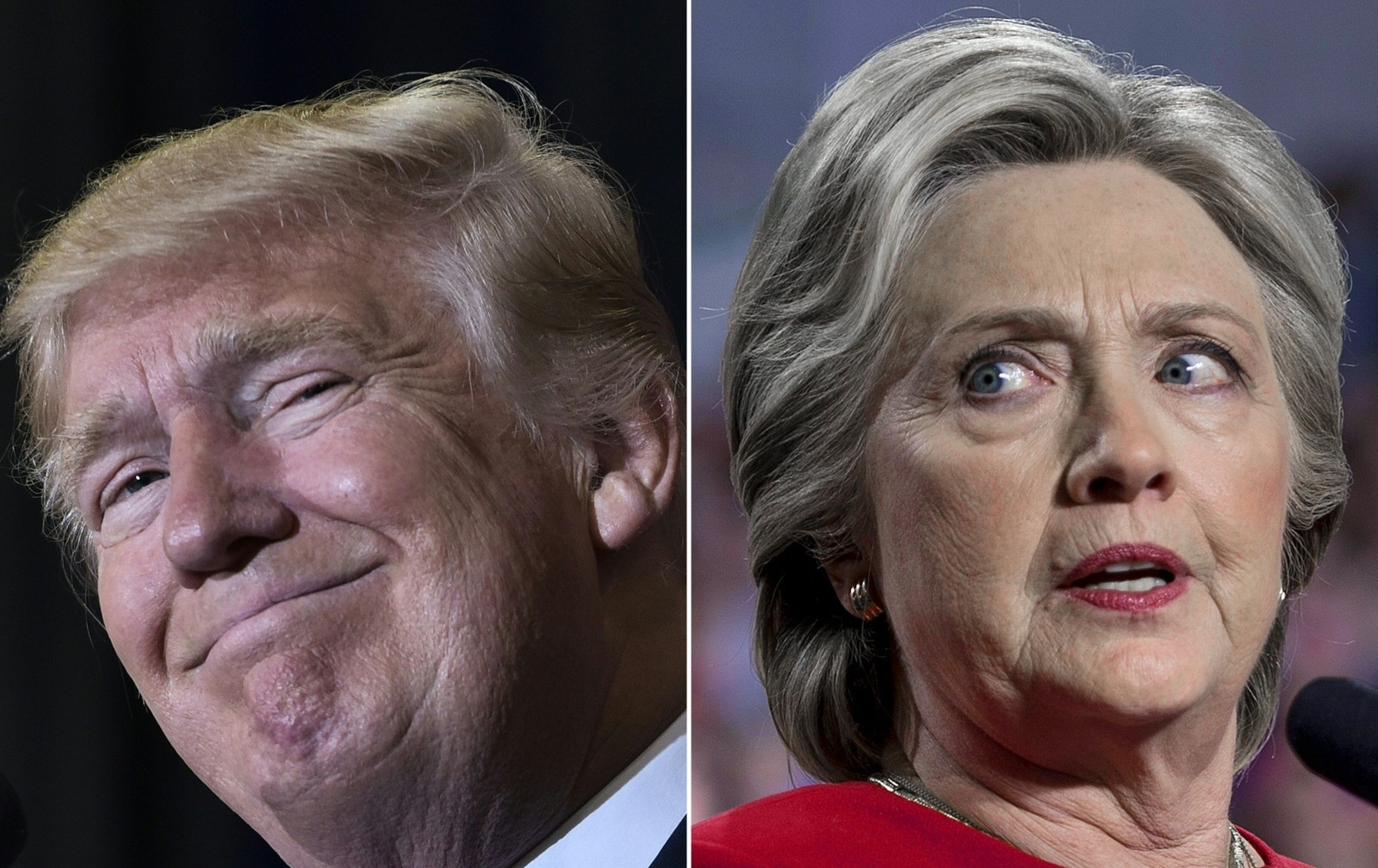OPINION: This article may contain commentary which reflects the author's opinion.
A Florida-based social media influencer who supported then-GOP presidential nominee Donald Trump and posted memes about his Democratic rival, Hillary Clinton, was convicted on Friday of charges related to a conspiracy to deny individuals their right to vote in the 2016 U.S. presidential election, according to the Justice Department.
Douglass Mackey, 33, from West Palm Beach, was found guilty on Friday of charges that he conspired to prevent individuals from exercising their right to vote during the 2016 presidential election. The conviction was handed down in Brooklyn federal court by U.S. District Judge Ann M. Donnelly, an Obama appointee, following a one-week trial. Mackey was known as “Ricky Vaughn” on the internet, where he promoted conservative-leaning information, including memes.
According to prosecutors, Mackey had approximately 58,000 followers on Twitter and was ranked by the MIT Media Lab as the 107th-most important influencer. He used the online alias “Ricky Vaughn” and described himself as an “American nationalist.” Mackey frequently retweeted Trump’s tweets and shared theories about voter fraud by Democrats.
“Mackey, who was arrested in January 2021, could face up to 10 years in prison. His sentencing is set for Aug. 16,” POLITICO reported.
Andrew Frisch, Mackey’s lawyer, mentioned in an email that the 2nd U.S. Circuit Court of Appeals in Manhattan will have several grounds to consider for overturning the conviction. “We are optimistic about our chances on appeal,” he told the outlet.
During the trial, prosecutors alleged that Mackey collaborated with other online influencers between September and November 2016 to spread false messages to supporters of Hillary Clinton. They claimed that Mackey encouraged Clinton supporters to cast their vote through text messages or social media, even though those endorsements were not valid votes, POLITICO added.
According to court papers, during the same period, Mackey sent tweets promoting the idea of limiting “black turnout” at voting booths. One tweet included a photo of a black woman holding a Clinton campaign sign, with a caption urging people to “avoid the line” and “vote from home.”
Prosecutors also claimed that Mackey’s team created and disseminated false ads, designed to look like legitimate Clinton campaign advertisements, to discourage voters from turning out. One of these false ads featured a font similar to one used by the Clinton campaign in their authentic ads, while others tried to mimic Clinton’s ads in different ways.
Breon Peace, United States Attorney for the Eastern District of New York, and Michael J. Driscoll, Assistant Director-in-Charge, Federal Bureau of Investigation, New York Field Office (FBI), announced the verdict, the Department of Justice said in a press release.
“Mackey has been found guilty by a jury of his peers of attempting to deprive individuals from exercising their sacred right to vote for the candidate of their choice in the 2016 Presidential Election,” said Peace. “Today’s verdict proves that the defendant’s fraudulent actions crossed a line into criminality and flatly rejects his cynical attempt to use the constitutional right of free speech as a shield for his scheme to subvert the ballot box and suppress the vote.”
According to several batches of “Twitter Files” published on the platform, government agencies, including the FBI, worked with the previous management team before billionaire entrepreneur Elon Musk bought it to suppress or censor mostly conservative voices and users ahead of the 2016 and 2020 elections.
Following those revelations, a substantial majority of Americans said they want the FBI investigated for its alleged role in having content throttled and censored following allegations of election interference.
According to a December survey by Rasmussen Reports, 63 percent of respondents said they wanted the new Congress to launch probes of FBI-induced censorship on Twitter and social media giant Facebook, while the same amount of respondents said they believe that it took place.
The Washington Examiner reported:
Ohio Republican Rep. Jim Jordan, who is set to take over as chairman of the House Judiciary Committee, voiced “serious concerns about how and why tech companies suppress, silence, or reduce the reach of certain political speech and speakers.”
“Majorities of every political category — 52% of Democrats, 75% of Republicans, and 63% of unaffiliated voters — believe Congress should investigate whether the FBI was involved in censoring information on social media sites,” the pollster noted.
